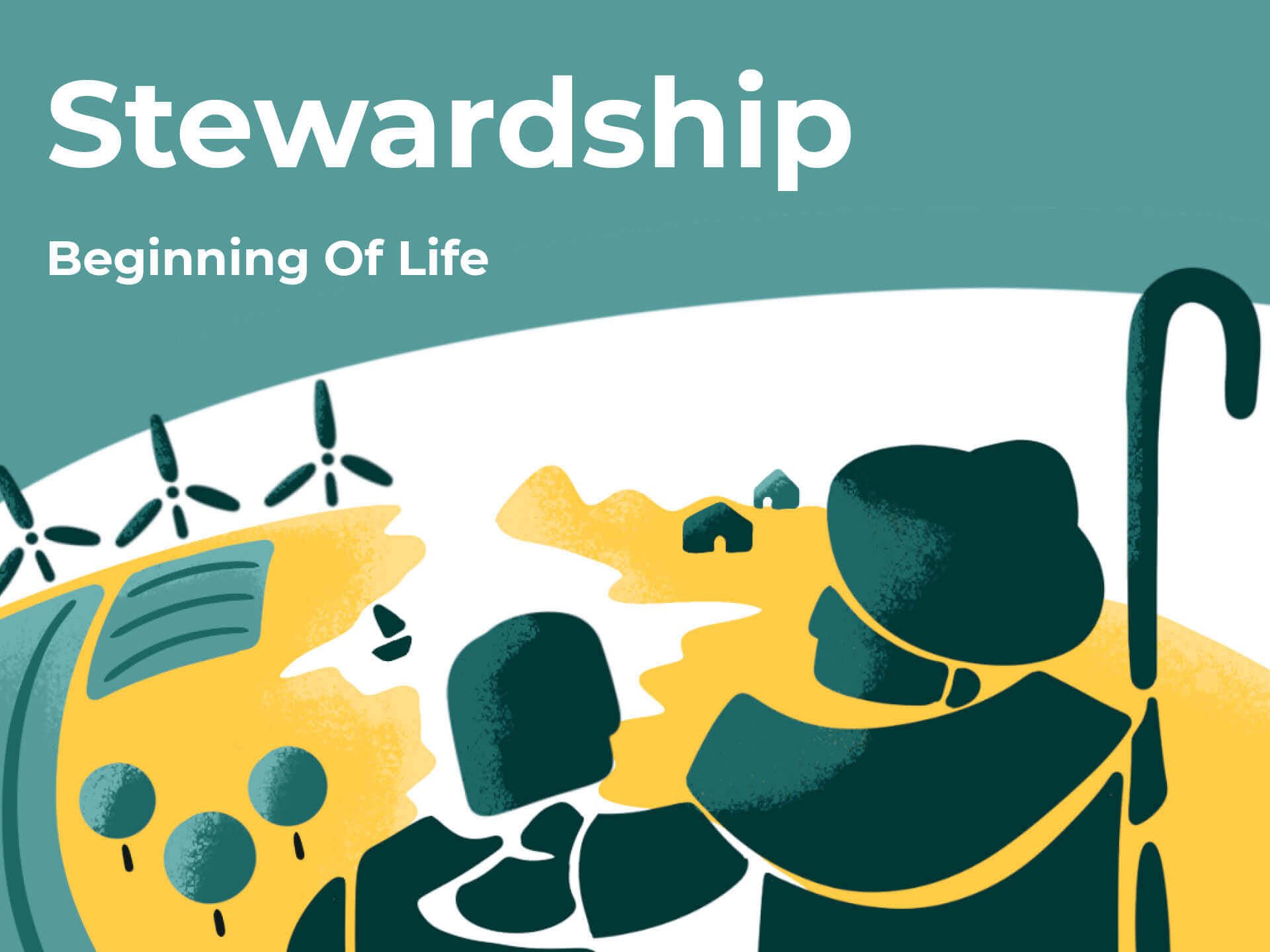Rest
About this series
This 11-part series will help us to understand and apply the Bible’s teaching on God’s plan for us to steward the gifts he has given us and therefore the type of people he is calling us to be in our day.
The entire message of the Bible reflects the statement in Psalm 24:1, “The earth is the Lord’s, and everything in it, the world, and all who live in it” (cf. Psalm 89:11). And yet we must balance that with the fact that God has also called mankind to steward his creation: “The highest heavens belong to the Lord, but the earth he has given to the human race” (Psalm 115:16) In making the distinction between God’s rule and our delegated rule, John Stott says, ‘Our possession of the earth is leasehold, therefore, not freehold. We are only tenants; God himself remains...the “landlord.”’
It’s also clear from the creation account in Genesis that mankind was specifically created to bear God’s image and to rule on his behalf over his creation:
Genesis 1:28: “God blessed them and said to them, ‘Be fruitful and increase in number; fill the earth and subdue it. Rule over the fish in the sea and the birds in the sky and over every living creature that moves on the ground.’”
William Edgar defines this mandate given to Adam: ‘The creation mandate is the on-going charge to humanity, in the power and blessing of God, to be fruitful, multiply, and fill the earth and to gently subdue and cultivate the earth.’ This mandate relates not only to the physical ‘earth’ but also to our physical selves, what we do with the resources God has given us and to the way we care for the rest of mankind.
About this talk
Scripture: Genesis 2:1-3
‘If you rest you rust,’ wrote American actress Helen Hayes. Virgin Media’s most recent advert uses the line ‘Faster brings us closer’ (a previous strapline was ‘Faster, faster, faster). The pressure to be do more, whether physically or digitally, is relentless. The result, according to a 2018 article in the Independent newspaper, is that, ‘Millions of Brits are ‘overwhelmed’ by mounting work pressures, busy social calendars and financial worries…Research revealed two thirds feel a constant sense of dread caused by the stress of their day-to-day lives.’
Many of us are very poor at resting because we fear missing out, we feel guilty when not being ‘productive’ and we see being busy as a positive reflection on our self worth - when did you last hear a working person confidently say they were getting plenty of rest or happy to say they weren’t very busy. However:
God built the need for regular rest into his creation - Sabbath (how does this command apply to us today?) and sleep.
The discipline of rest is an indicator of being able to trust God.
The positive effects of rest are considerable in terms of physical, mental and relational wellbeing.
Rest, and feeling refreshed, looks very different for different people. For one person, it may be an evening in front of the television, for another it’s an energetic session at the gym. Reading a book may refresh some, while for others reading could be extremely frustrating and stressful! Though many people feel they have too many demands to be able to rest, it is a discipline we all need to take responsibility for. Knowing what refreshes you and finding ways to engage with that is very important.
We look at:
Most people will say they can’t find the time to rest as much as they should? What are some of the reasons we struggle to get sufficient rest (and refreshing) and what do those things say about us?
Different people rest and feel refreshed in different ways. And different people have different limitations. Can we make some suggestions and help people to understand themselves better?
What does it mean to find rest in God (Psalm 62:1, 5)? How do we do that?











God gives us reasons for working, without making it the reason. Work, then, becomes an avenue for using the creative opportunities God has given, to serve other people and to love him - all of which we do for his glory.